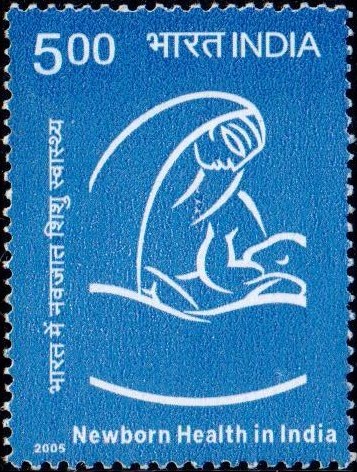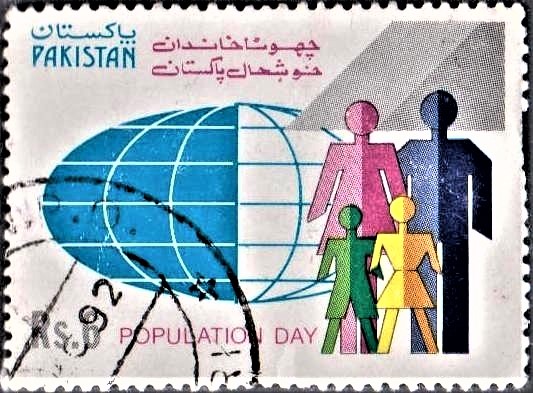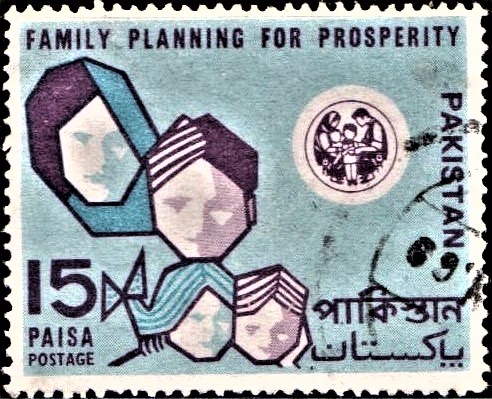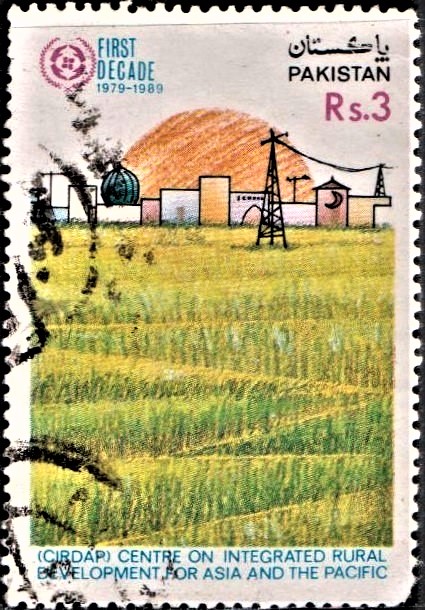
New Born Health in India
A commemorative postage stamp on the Indian New Born Health – 25 Years of National Neonatology Forum (NNF) :
 Issued by India
Issued by India
Issued on Nov 24, 2005
Issued for : India Post is happy to release a postage stamp on “New-born Health in India” to commemorate ‘Silver Jubilee Year’ of the National Neonatology Forum.
Credits :
Stamp & FDC : Sankha Samanta
Cancellation : Nenu Gupta
Type : Stamp, Mint condition
Colour : Multi Colour
Denomination : 500 Paise
Stamps Printed : 0.8 Million
Printing Process : Photogravure
Printer : India Security Press, Nashik
About :
- India faces the biggest new-born health challenge in the world. Each year, 20% of the world’s infants – 26 million babies – are born in this vast country. Of these, 1.2 million die in the four weeks of life, accounting for nearly 30% of the 3.9 million neonatal deaths worldwide each year.
- The rate of neonatal mortality varies widely by state. Kerala boasts an NMR of 10 per 1,000 live births, while in Orissa and Madhya Pradesh, the rate is as high as 60.
- Substantial rich-poor and rural-urban differences exist as well. New-born care practices in India are rooted in its diverse traditions. Traditional new-born practices vary by region, rural or urban settings, religion, caste, ethnicity, and socio-economic status; but in many of the country’s cultures, the new-born is not recognised as a person, and new-born deaths are accepted as common occurrences. A strong gender bias in care-seeking against female neonates is conspicuous at all levels of the health system in the available facility based studies; for every two sick new-born boys, only one female neonate is admitted to a facility.
- Families often recognise common signs of neonatal illness, but they do not perceive many of them as serious and thus delay seeking care.
- New-born health care was first introduced to India through the CSSM programme in 1992 and has continued to be a part of the RCH programme since 1997. These initiatives included antenatal care for pregnant women; promoting institutional deliveries; strengthening PHCs, FRUs, and district hospitals; and providing training for physicians.
- The Government of India has also incorporated new-born care into India’s adaptation of Integrated Management of Childhood Illness (IMCI) strategy, using the name ‘INMCI’, with an emphasis on the ‘N’ for ‘neonatal’. INMCI training programme devotes 50% of the overall training time to the care of new-borns and young infants. Its implementation strategy incorporates home visits for preventive-promotive new-born care by AWWs and ANMs.
- Need has been felt to ensure greater synergy between the Integrated Child Development Services and the health system and fully involve AWWs in maternal-neonatal care at the household and community levels in rural and urban communities.
- Involvement of Panchayati Raj Institutions in saving new-born lives and preparing advocacy and education materials targeted at the institutions’ leaders is also required.
- The National Neonatology Forum (NNF) was started by leading paediatricians working in the field of new-born care in the year 1980. It has approximately 3000 members.
- The 10 member governing body of the NNF with a mix of elected and nominated members, steers the activities of NNF.
- Annual convention of the NNF is organised in different cities with workshops, symposia and plenary sessions on issues of national importance. The NNF of India is the foremost champion and catalyst for new-born health in the country. The NNF, which has laid a strong foundation of neonatology and new-born care in India, had led the way with several projects and innovative approaches to new-born care in several parts of the country. The NNF has been instrumental in placing new-born care very high among the national health priorities through sustained advocacy, coupled with academic contributions and consensus-building in key program areas.
- Despite the scale of neonatal mortality in India being high, India is on the threshold of a neonatal survival revolution.
- Through the National Population Policy (NPP) – India’s comprehensive policy framework for family planning, maternal health, and new-born and child health programmes – the Government of India is calling for the reduction of the infant mortality rate (IMR) to less than 30 per 1,000 live births by 2010.
- The 10th Five Year Plan aims at achieving an NMR of 26 by 2007 and specified IMR and NMR targets for all states. India is a signatory to the Millennium Declaration (2000) of the UN and is thereby committed to the Millennium Development Goals.
- Neonatal health is the foundation of child and adult health. A healthy start to life also depends on the health of the mother and the care that she and her baby receive before, at, and after birth. Evidence-based interventions, if taken to scale, can save millions of new-born lives in India in the next five years. Translating knowledge into action is the key to meeting this challenge and realising the goal.
- Amongst various other activities round the year, the NNF in partnership with Government organises National New-born Week throughout the country from 15th-21st November every year. During this week activities related to new-born health are organised across the country.
- Text : Based on material given by the proponent.
Subscribe
Login
0 Comments
Oldest







